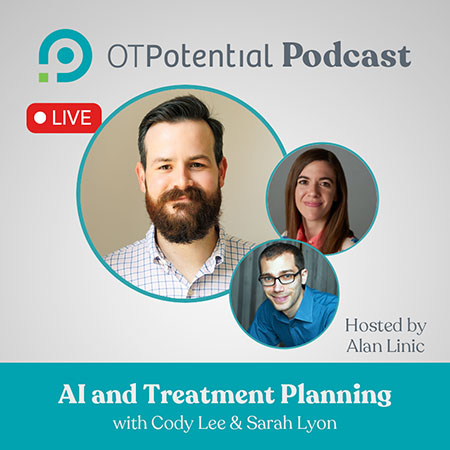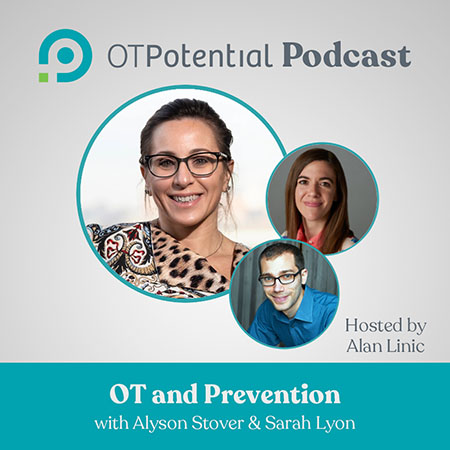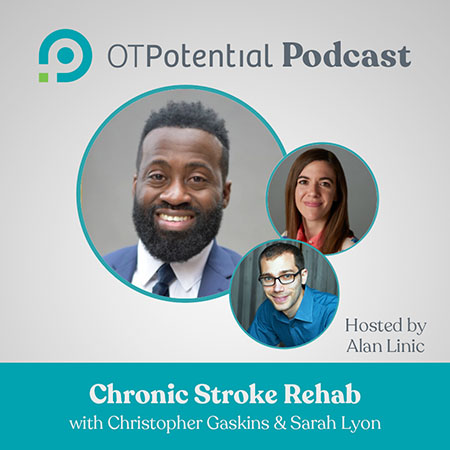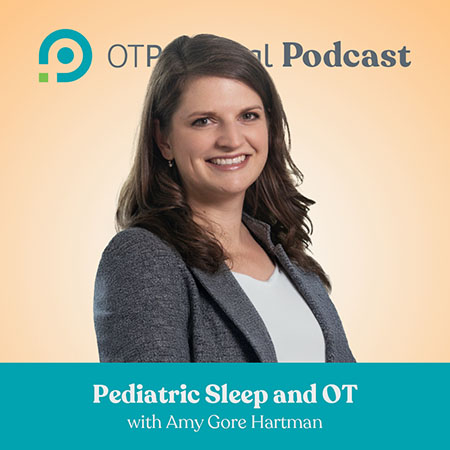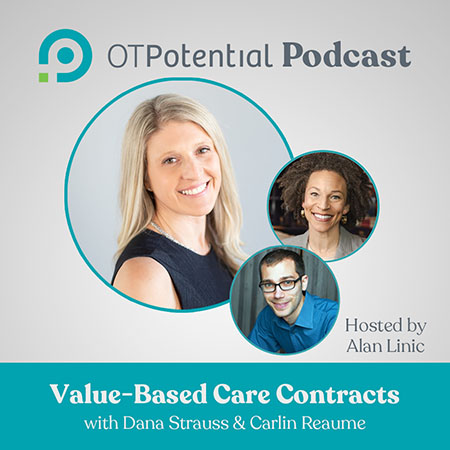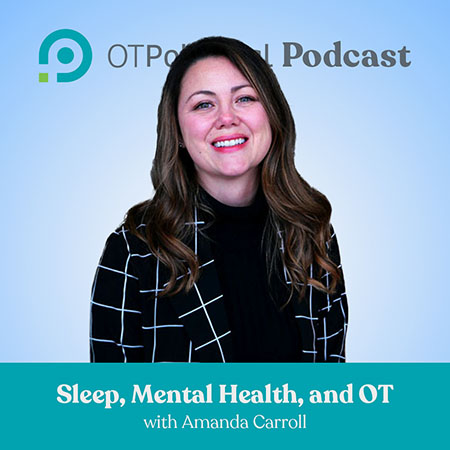Earn 1 hour of continuing education by joining OT Potential after taking this course.
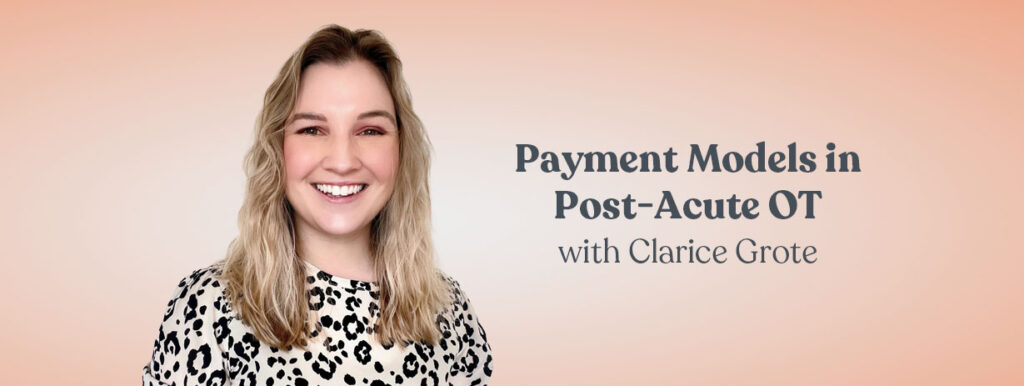
Listen: Apple | Spotify | Google
Spending time in research can deliver the humbling, but needed, reminder that not all therapy leads to clear value for our clients.
For example, in the United States, we can now see that in the 2010s therapy was being delivered in skilled nursing facilities (SNFs)—beyond what was helpful for clients.
Part of the problem was the fee-for-service payment model that incentivized skilled nursing facilities to deliver high quantities of therapy minutes to as many patients as possible. (More therapy equaled more money.)
The research article that we will explore in this one hour course, shows us the humbling data behind this problem. And, it reminds us of why the transition to value-based care continues to happen. The authors specifically look at data around post-acute hip fracture rehab, and compare fee-for-service Medicare versus Medicare Advantage (which is a value-based care program.)
To help us make sense of the changing therapy landscape, we are thrilled to welcome Clarice Grote, MS, OTR/L, who is an innovative advocate for occupational therapy and an expert on Medicare post-acute care policy. Clarice will help us understand how this research applies to your individual practice.
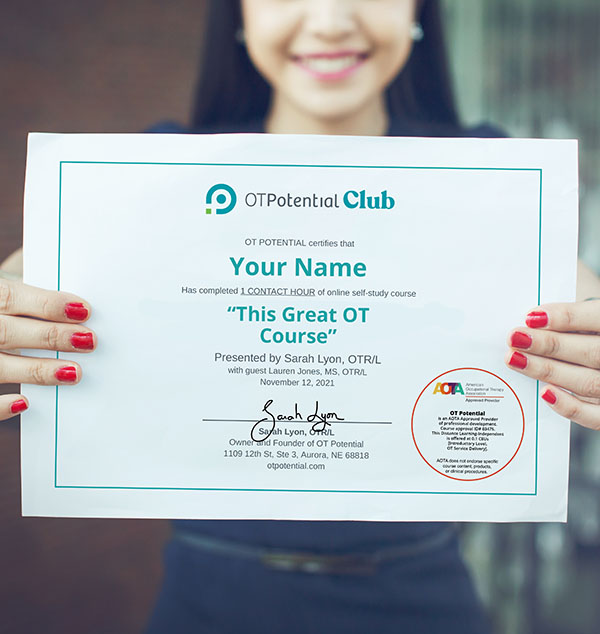
Earn 1 hour of continuing education
1. Listen to the podcast for free.
2. Sign up for the OT Potential Club.
3. Pass the quiz and download your certificate!
Primary Journal Article Explored
When you log in, be sure to check out the OT Potential Club’s written breakdown of the following research article. Then, share your questions and thoughts with fellow practitioners.
Supporting Research and Journal Articles
- Less intense postacute care, better outcomes for enrollees in Medicare Advantage than those in fee-for-service
- Association between the Patient Driven Payment model and therapy utilization and patient outcomes in US skilled nursing facilities
Learning Objectives
- You will be able to identify the different financial incentives related to therapy in fee-for-service models versus value-based care.
- You will be able to describe challenges for occupational therapists in value-based care payment models.
Agenda
Intro (5 minutes)
Breakdown and analysis of journal article (5 minutes)
- Quick overview of Medicare
- The difference in incentives for therapy in fee-for-service versus value based care
- What was the main question driving this research?
- What were the authors’ methods?
- What outcomes were they digging for?
- What were the results?
- What did the authors discuss?
- What did the authors conclude?
- Takeaways for OT Practitioners
Discussion on practical implications for OTs (with guest Clarice Grote) (50 minutes)
- Can you tell us about how you found OT and what made you become interested in policy?
- Why is it important to understand payment models?
- Why is it good for all OTs, even those working outside Medicare and the US, to be following research like this article?
- Were you surprised by the research findings, like the authors were?
- What do you think the implications are for OTs?
- Value based care seems good for our patients, but it shifts therapy from being a revenue driver to a revenue taker. What does this mean for OTs?
- How do you think OT can prepare for the payment models of the future?
- Are there any innovative payment models you would like to see OTs embracing?
- For OTs who are interested in learning more and staying up to date about payment models and legislation, where do you recommend they start?
- Where would you like to see OT in 5-10 years when it comes to policy and payment models?
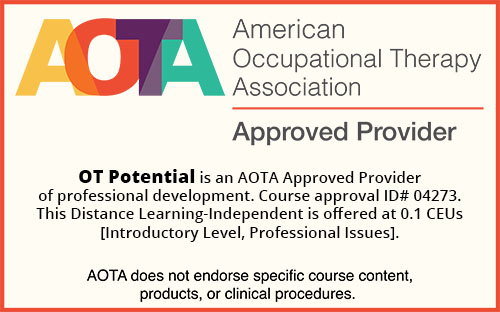
Instructional Methods/Registration/Special Needs Requests/Cancellation Policy
This course is an independent/self-study course delivered via podcast on iTunes, Spotify, Google Play & more.
If you need accommodations to take this course, please contact us and we will address your needs on an individual basis.
If we cancel a promoted course, event, live stream, or any other paid CEU offering prior to release, and you subscribe explicitly for said offering, you are eligible for a full refund if you did not complete and earn any other CEU quizzes or certificates during your subscription.
If a live webinar is cancelled that you signed up for, our system will automatically generate an email to you and if possible, we will inform you of the rescheduled date. Our most current webinar schedule will be found at: otpotential.com/live-ot-ceu-webinars.
Course Completion Requirements
In order to receive a certificate for this course, you must first participate in the podcast/webinar in its entirety. Then, you will need to take the quiz that will accompany the course and earn 75% or higher. If you pass, a certificate will be automatically generated and sent to your email. Quizzes for live (distance learning–interactive) webinars must be completed within 3 days of completing the webinar.
Target Audience/Educational Level
Our target audience is occupational therapy practitioners who are looking to learn about Payment Models in Post-acute OT. The educational level is introductory.
Financial and Non-financial Disclosures
It is the policy of OT Potential to disclose any financial and non-financial interest the provider or instructor may have in a product or service mentioned during an activity. This is to ensure that the audience is made aware of any bias of the speaker.
We here at OT Potential have no financial stake in this topic. Our guest, Clarice Grote, has a financial interest in her own business Amplify OT. She also contracts with the AOTA related to policy issues.
Speakers
Clarice Grote, MS, OTR/L:
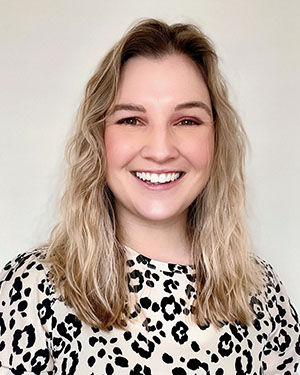
Clarice Grote, MS, OTR/L, is an innovative advocate for occupational therapy and an expert on Medicare post-acute care policy. Clarice is the founder and CEO of Amplify OT, a company dedicated to educating and encouraging occupational therapy practitioners and students to engage with Medicare policy and advocacy. She earned her MS in occupational therapy from Columbia University in 2018.
Since graduating she has worked in home health, acute care, outpatient, and lymphedema therapy. Clarice has served as the Advocacy & Policy Coordinator for the American Occupational Therapy Association’s (AOTA) Home and Community Health Special Interest Section and as Director of Practice for the Missouri Occupational Therapy Association. Clarice currently serves as an AOTPAC Ambassador for North Carolina. Read full bio.
Sarah Lyon, OTR/L:

Sarah’s passion is helping fellow OT practitioners translate evidence into daily practice. Sarah earned her BA in religion from St. Olaf College, then earned her master’s degree in occupational therapy from New York University in 2011.
Since then, she’s worked in numerous facilities, including a critical access hospital, an acute trauma hospital, and a state inpatient psychiatric hospital. Sarah is the founder/owner of OT Potential. Read more about OT Potential here.
This course was designed to meet your continuing education requirements
We designed the courses in the Club to meet the requirements for “online” and “independent/self-study” courses. To verify the requirements from your specific state (within the US), check out our post, OT Continuing Education Requirements. If you are outside of the United States and have questions, please contact us.
We are proud to be an AOTA Approved Provider and to meet the requirements for your NBCOT renewal.
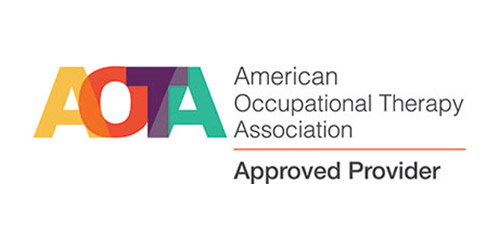
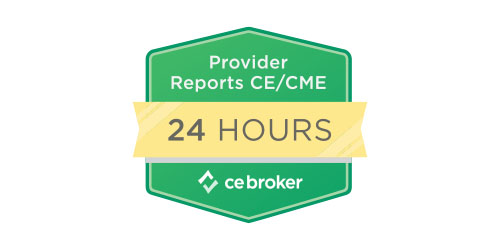
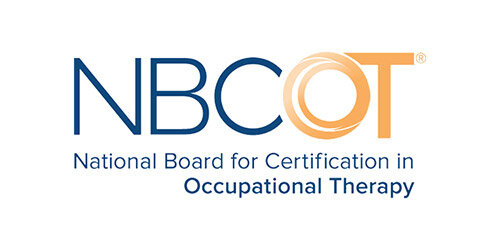
See our other OT courses!
Payment Models in Post-Acute OT • OT Potential
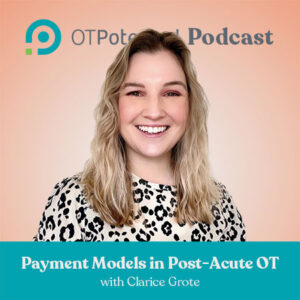
Today, we’ll be covering “Payment Models in Post-acute OT.” We’ll look at new research and discuss it with Clarice Grote, MS, OTR/L.
Course Provider: Organization
Course Provider Name: OT Potential
Course Provider URL: https://otpotential.com/
Course Mode: Online
Start Date: 2022-03-21
Duration: 01:00:00
Course Type: Subscription
4.84

